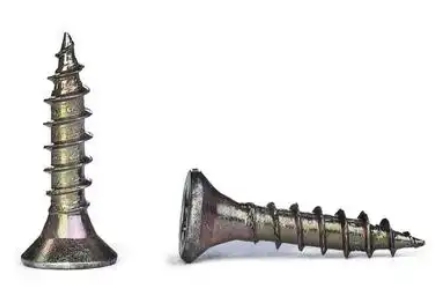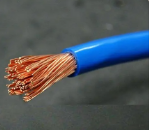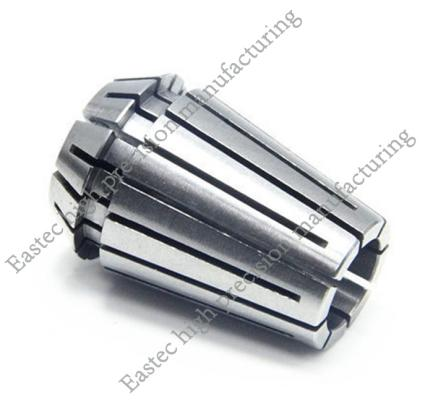
It is often said that a thousand-mile dike can collapse due to an ant hole. Although screws may seem) small (relative to the equipment they are part of), their impact can be significant when things go wrong. At best, they can cause unexpected downtime and reduce production efficiency; at worst, they can lead to catastrophic accidents and enormous losses. History is filled with incidents where screws were to blame.
Case 1
On June 10, 1990, during a flight of British Airways Flight 5390, a cockpit windshield suddenly blew off, causing the captain to be partially sucked out of the aircraft. Fortunately, the co-pilot managed to land the plane safely at Southampton Airport. Aside from the captain and a flight attendant who held onto him, no one else was injured. The investigation revealed that the windshield had recently been replaced, and 84 out of the 90 fixing screws were smaller and shorter than the standard required.
Case 2
During the lunch rush in September 2009, a ceiling fan in the cafeteria of Guangzhou University of Technology suddenly fell from the ceiling. The rapidly spinning fan injured and cut two students. The cause of the accident was a missing screw that secured the fan.
Case 3
In 2018, a heavy-duty machine at a large manufacturing company suddenly stopped working, causing the entire production line to shut down. Upon inspection, it was discovered that a critical fixing screw had loosened, causing internal components to shift and ultimately leading to the malfunction. This incident not only resulted in millions of dollars in economic losses but also delayed order deliveries, damaging the company's reputation.
Case 4
In 2020, a subway train in a city experienced severe vibrations while in motion, causing panic among passengers. The subsequent investigation found that the fixing screws on the train's undercarriage had loosened due to a lack of regular inspections, destabilizing the chassis. Fortunately, the issue was identified and addressed in time, preventing a potential disaster.
Case 5
In 2021, a well-known car brand recalled tens of thousands of vehicles due to screw-related issues. The problem stemmed from substandard screws in the braking system, which could lead to brake failure. This recall not only tarnished the brand's image but also required significant resources to repair and replace the faulty components.
The Importance of Screws
As the above cases illustrate, screws, though small, play a critical role in various equipment and systems. They are not only fundamental for connecting and securing parts but also essential for ensuring the safe operation of equipment. When screws fail, the consequences can range from minor malfunctions to severe accidents, even endangering lives.
How to Avoid Screw-Related Issues
- 1. Strict Material Selection: Choose screws that meet standard specifications, ensuring their size, material, and strength align with the equipment's requirements.
- 2. Regular Inspections: Establish a routine inspection and maintenance system to promptly identify and address loose screws.
- 3. Proper Installation: Follow operational procedures during installation to ensure screws are properly tightened, avoiding issues caused by improper installation.
- 4. Employee Training: Educate employees about the importance of screws, enhancing their sense of responsibility and operational skills.
Conclusion
Though small, screws carry significant responsibility. Whether in aviation, transportation, manufacturing, or daily life, the safety and reliability of screws are paramount. Only by paying attention to every detail can we ensure the safe operation of equipment and systems, avoiding unnecessary losses and risks. Let us start with the humble screw, building a strong safety defense to protect lives and property.





 Customer service 1
Customer service 1  Customer service 2
Customer service 2